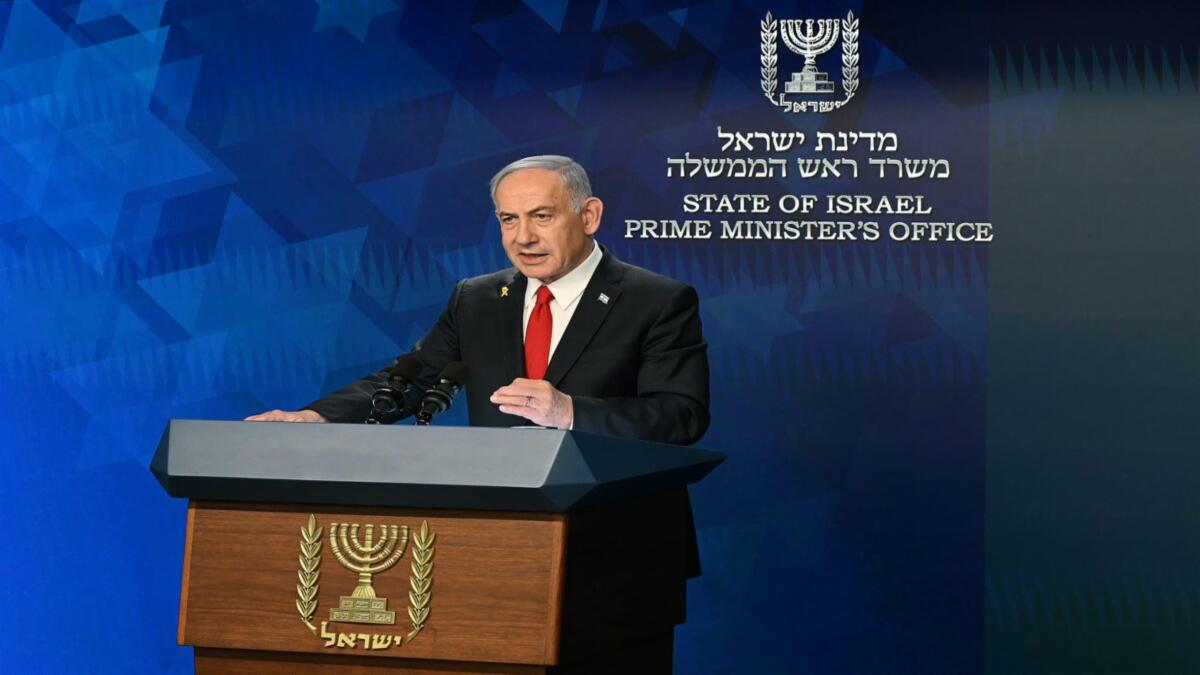Article Body
Netanyahu’s Wedding Woes Amid War Stir a Storm at Home
When a country is under fire—literally—every word its leader says gets weighed, measured, and often, deeply scrutinized. Israeli Prime Minister Benjamin Netanyahu just learned that lesson the hard way.
In the thick of escalating conflict between Israel and Iran, with missiles still fresh in the sky and tensions boiling on the ground, Netanyahu made what many considered an ill-timed comment. While speaking to reporters after visiting Soroka Medical Center, which had come under attack, he mentioned his “personal pain”—not about the war, not about the wounded civilians, but about the fact that his son’s wedding had to be moved due to the conflict.
“It’s heartbreaking for any father to see his son’s wedding plans disrupted by war. I feel this not just as a leader, but as a father,” Netanyahu said, visibly emotional.
And that was all it took to light a political match.
The Context: A Nation on Edge
This remark came just hours after Iran launched a barrage of missiles and drones, some of which struck critical infrastructure, including the Soroka Hospital in Beersheba. While casualties remain limited thanks to Israel’s Iron Dome defense system, the symbolic hit on a hospital sent ripples of fear and anger across the nation.
So when Netanyahu—standing amid a bloodstained hospital corridor—chose to voice grief over his family’s disrupted celebration, many Israelis felt it was, at best, tone-deaf. At worst, it came off as self-centered.
Public Reaction: Sympathy Meets Outrage
Social media erupted, as it often does. Some defended the Prime Minister’s sentiment as a rare glimpse into the personal toll war takes on all families, including his. But others didn’t hold back.
One user posted:
“My cousin is still missing after the drone strikes and Netanyahu is talking about a wedding venue? Unreal.”
Another wrote:
“He’s human, sure. But leaders need to read the room. A hospital just got bombed.”
Even within the Knesset, opposition leaders jumped in, accusing Netanyahu of “emotional misdirection” and “self-centered distraction” during a time when clarity and focus are desperately needed.
Mixed Messages or Misunderstood Moment?
And here’s the strange twist—some observers saw value in his words. Not everyone thinks a war leader should speak only in soundbites about defense systems and strategies. A few voices, mostly from within Likud and close military circles, suggested the remark humanized the conflict. It was, in their view, an admission that the war wounds all layers of society—public and private alike.
But therein lies the contradiction: can vulnerability coexist with strong leadership during wartime? And if it can, where’s the line between empathy and ego?
What's Next?
For now, Netanyahu’s office hasn’t issued any clarification or apology. Sources say the wedding in question is being moved to a secure military base, with only close family attending. But the controversy is likely to linger, especially as more attacks loom and the nation’s patience wears thin.
This incident may seem minor on the global chessboard of war, but in the hearts of many Israelis, it’s yet another reminder that even leaders sometimes forget which battles are worth fighting—and which words are better left unsaid.
FAQs
Q1. What exactly did Netanyahu say about his son’s wedding?
He expressed that he felt a deep “personal pain” over the disruption of his son’s wedding due to the ongoing war, framing it as a father's grief amid national crisis.
Q2. Why are people upset by his comment?
Many believe it was inappropriate to mention personal inconveniences like a postponed wedding while citizens are dealing with casualties, destruction, and widespread fear caused by Iran’s missile strikes.


Comments